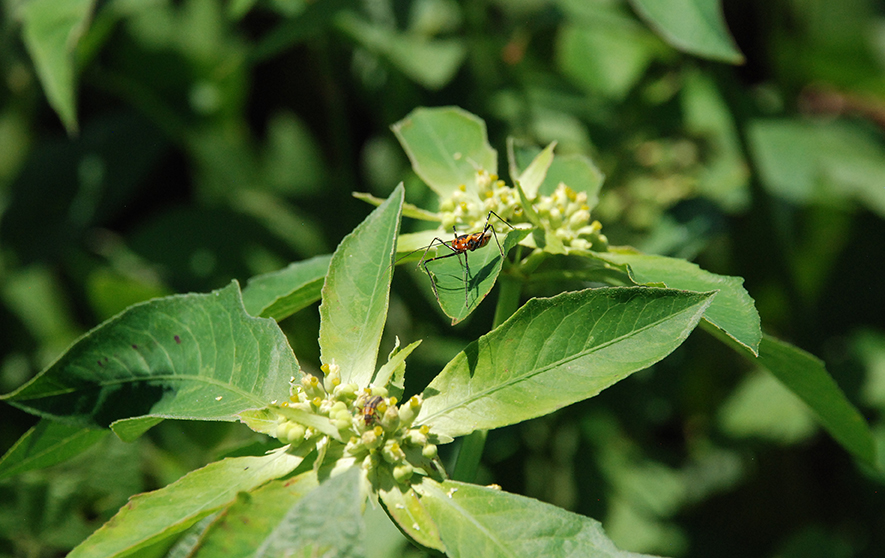Photo: Langelle/GJEP
Genetically modified mosquitoes could be released in Florida and Texas beginning this summer – silver bullet or jumping the gun?
The Conversation 3 June 2020
B. Allan, C. Stone, H. Tuten, J. Kuzma, & N. Kofler
This summer, for the first time, genetically modified mosquitoes could be released in the U.S.
On May 1, 2020, the company Oxitec received an experimental use permit from the U.S. Environmental Protection Agency to release millions of GM mosquitoes (labeled by Oxitec as OX5034) every week over the next two years in Florida and Texas. Females of this mosquito species, Aedes aegypti, transmit dengue, chikungunya, yellow fever and Zika viruses. When these lab-bred GM males are released and mate with wild females, their female offspring die. Continual, large-scale releases of these OX5034 GM males should eventually cause the temporary collapse of a wild population.
However, as vector biologists, geneticists, policy experts and bioethicists, we are concerned that current government oversight and scientific evaluation of GM mosquitoes do not ensure their responsible deployment.
Genetic engineering for disease control
Coral reefs that can withstand rising sea temperatures, American chestnut trees that can survive blight and mosquitoes that can’t spread disease are examples of how genetic engineering may transform the natural world.
Genetic engineering offers an unprecedented opportunity for humans to reshape the fundamental structure of the biological world. Yet, as new advances in genetic decoding and gene editingemerge with speed and enthusiasm, the ecological systems they could alter remain enormously complex and understudied.
To read more visit The Conversation

